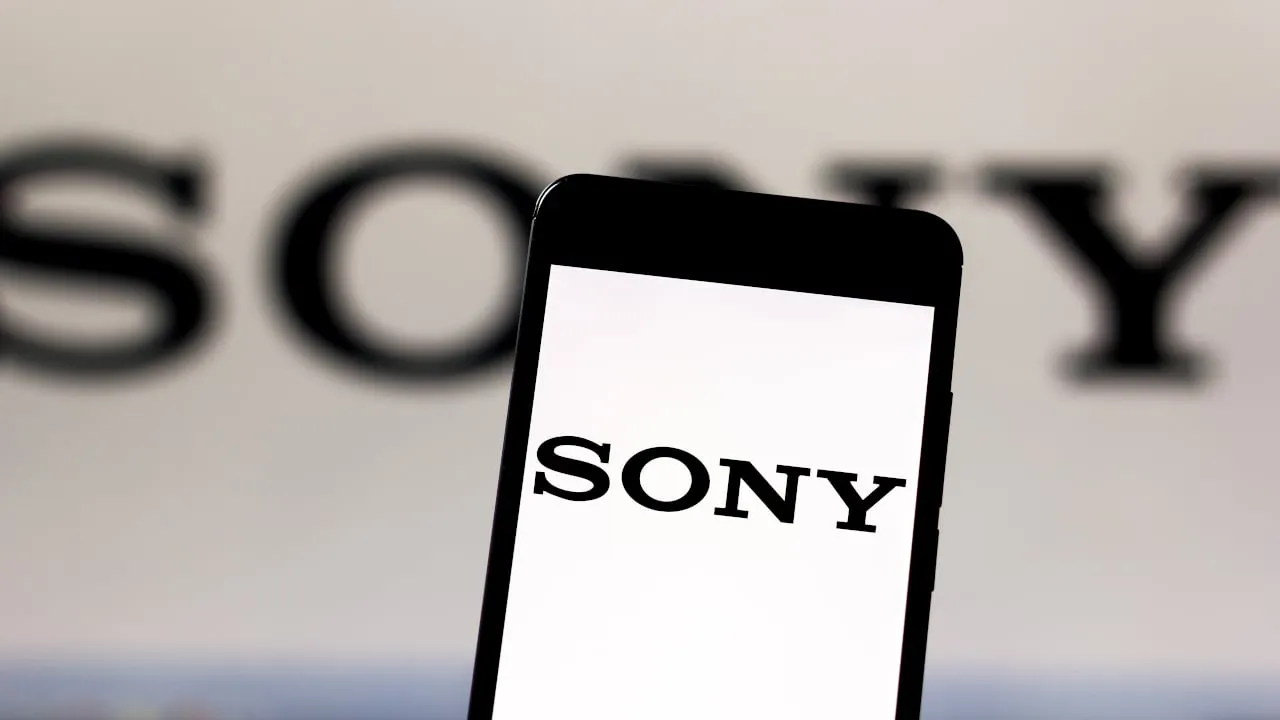Sony Group has finally pulled back the curtain on Soneium, an Ethereum layer-2 blockchain developed in partnership with Web3 infrastructure provider Startale.
Driven by a joint venture between Sony and Startale—known as Sony Block Solutions Labs—Soneium marks the company's initial steps towards developing a fully realized blockchain.
The network, planned for launch in the coming weeks, will initially operate on a testnet in collaboration with Astar Network, a blockchain platform known for its multi-chain capabilities.
The collaboration will integrate Astar's zkEVM assets and infrastructure with Soneium, providing initial liquidity and a range of fungible and non-fungible digital assets, the companies said in a statement on Friday.
ZkEVM is a technology that enhances privacy and efficiency by using zero-knowledge proofs—a cryptographic method that allows transactions to be verified without revealing all transaction details.
Soneium has been under development since at least September 2023, following initial hints from Sota Watanabe, founder of the Astar Network and CEO of Startale, who previously positioned it as a project capable of surpassing Coinbase’s Base network.
"I deeply respect Base and their significant contribution to this industry, and I believe our user category won’t overlap," Watanabe told Decrypt late Thursday. “We are targeting more general people. Web3 is still very early and too small a market to compete.”
Specifically, the blockchain aims to address key challenges such as scalability, security, and decentralization while remaining “user-friendly,” per the statement. It also aims to deliver practical applications across the entertainment, gaming, and finance sectors.
The network’s technical infrastructure is expected to be based on the Superchain ecosystem platform utilizing Optimism’s OP Stack technology. “We plan to join Superchain as well,” Watanabe confirmed to Decrypt. “We would like to collaborate with Base to push this industry forward through collaboration.”
The OP Stack is a type of modular software designed to enhance Ethereum's scalability by allowing multiple chains to operate in a coordinated manner, effectively increasing transaction throughput.
That foundation is intended to position Soneium as a significant contributor to Ethereum scaling efforts to eventually achieve “internet-level scalability,” the companies said.
Sony BSL's plans include leveraging its parent’s distribution channels and existing user base to make Web3 technology more “accessible” to everyday consumers, the companies said. The project will explore applications for Web3 services compatible with Soneium, as well as new services linked to Sony’s various business sectors.
Web3 is a broad umbrella term that refers to the next iteration of the internet, where decentralized technologies, including blockchain, enable more user control, data privacy, and peer-to-peer interactions, often without relying on centralized intermediaries.
“We think the development of a comprehensive Web3 solution based on blockchain is very significant to the Sony Group, which has developed a wide variety of businesses,” Jun Watanabe, chairman of Sony Block Solutions Labs, told Decrypt.
Jun Watanabe added: “We will work to create diverse businesses and new use cases to deliver customer value that can only be enjoyed through Web3 technology to as many users as possible.”
It follows Sony’s acquisition of the Japanese crypto exchange WhaleFin last year—rebranded to S.BLOX Co. WhaleFin originally began as the Japanese exchange DeCurret, which was acquired by the Japanese subsidiary of Singapore's Amber Group in 2022.
Sony is expected to release technical documentation and tools for developers in the coming weeks, providing the first hands-on experience with the Soneium blockchain.
The testnet will offer a comprehensive development environment that mirrors mainnet conditions, aiming to support high-volume applications and drive the adoption of blockchain technology, the companies said.
Edited by Andrew Hayward

